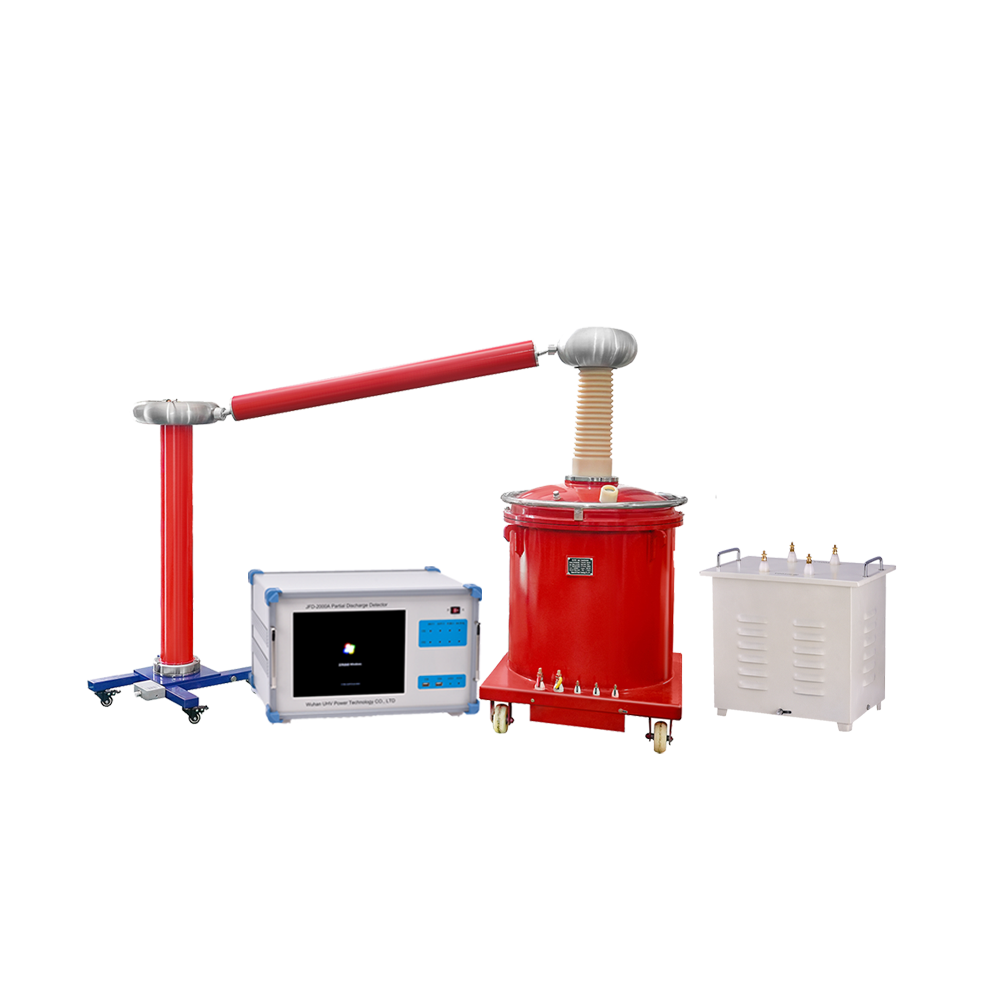The specialized production of partial discharge testers for UHV power can help many power workers conduct various power tests more conveniently.
Partial discharge is mainly caused by high-voltage electrical engineering equipment such as transformers and transformers under the action of high voltage. Discharge occurs inside the insulation. For example, partial discharge only exists in the insulation area, and the insulation does not immediately pass through to form a complete breakdown or flashover, which is called partial discharge. The partial discharge is very weak and can be felt intuitively by humans. If neither the eyes nor the ears can detect it, only a sensitive ഭാഗിക ഡിസ്ചാർജ് ടെസ്റ്റർ can detect it.
The internal insulation of the transformer is subjected to the working voltage for a long time during operation, especially with the increase of voltage level, the electric field strength value of the insulation is very high. Weak insulation is prone to partial discharge. The reason for partial discharge is that the electric field at a certain point is too concentrated or the electric field strength at a certain point is too strong. If there are bubbles in the solid medium, impurities have not been removed; Oil contains water, gas, and suspended particles. The combination of different media also causes severe electric field distortion at the interface. The traces of partial discharge usually only leave a small dot on the solid material insulation, or through dendritic burn marks.
Although partial discharge has a short duration and low energy, it poses great harm. Its long-term existence will have a significant destructive effect on insulation materials. One is to directly bombard the insulation material adjacent to the partial discharge with discharge particles, causing damage to the local insulation. The second is the chemical reaction of reactive gases such as heat generated by discharge, ozone, and nitrogen oxides. Local insulation is corroded and aged, leading to an increase in conductivity and ultimately resulting in thermal breakdown. During the operation of transformers, the internal insulation ages and is damaged, most of which are caused by partial discharge.
The research on partial discharge detection technology for transformers generally includes:
(1) Electrical measurement. Use a partial discharge detector (also known as a partial discharge tester) to detect the characteristic waveform of discharge or the degree of radio interference.
(2) Ultrasonic measurement method. Detecting sound waves and converting them into electrical signals to generate discharge, analyzing the electrical signals using time difference, can obtain the emitted sound signal from the detection point to the discharge point.
(3) Stoichiometric method. Detect the content and development patterns of various soluble gases in oil. This testing method can detect changes in the composition, proportion, and number of companies in the oil. This improves the determination of whether there is partial discharge (or local overheating).




















